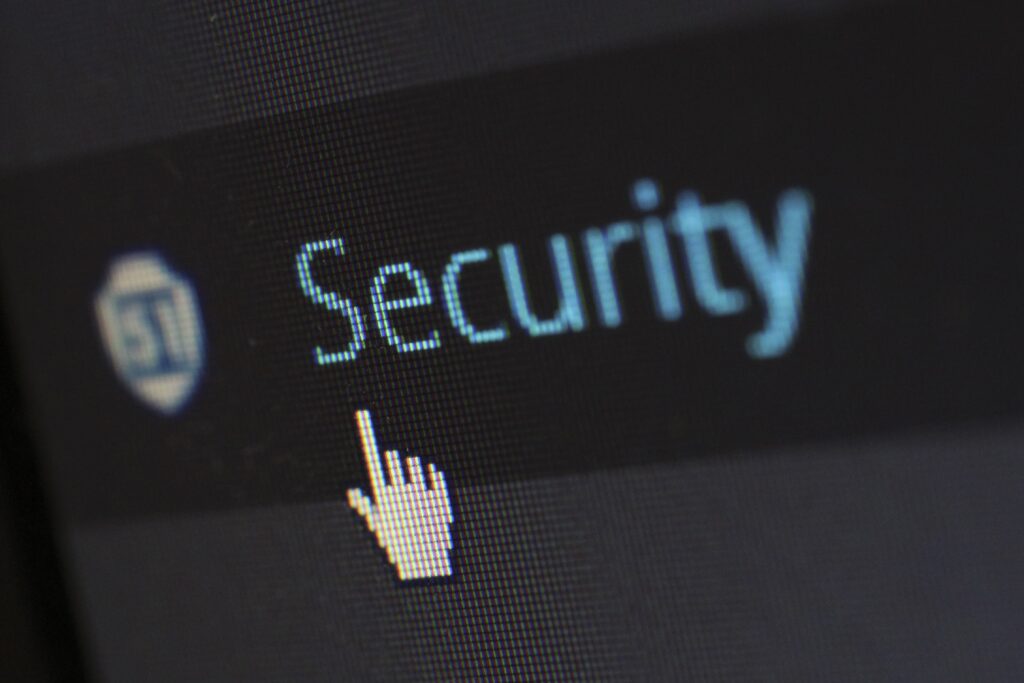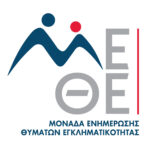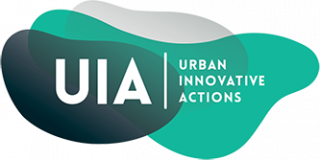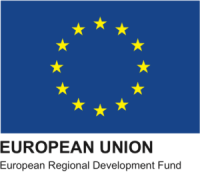
Maija Katkovska is Coordinator of the Latvian Safer Internet Centre. Like other Safer Internet Centres throughout Europe, this organisation seeks to protect Internet users, in particular children, from cyber harms. The Centre develops educational materials, organises information sessions and visits to schools, and carries out social media campaigns to raise awareness on Internet safety. It also provides a hotline for reporting illegal and harmful online content. Maija’s expert work was requested under the Be Secure – Feel Secure (BSFS) project – led by the Greek municipality of Piraeus and in which Efus is a partner – that seeks to promote a holistic approach towards urban security. We have asked her to present her work and some examples of European good practices.
Cyber threats that affect children
The Internet and ICT provide children and youngsters with a host of opportunities to play, learn, socialize and express themselves, find information and develop their digital and media literacy skills. However, the cyber world is also fraught with risks that affect particularly children and youngsters. Too often, youngsters post personal information that can be exploited against them. They can be unaware that personal content or images may be used against them by other youngsters or adults. They can become bullies themselves, or fall prey to grooming, sexting and sextortion.
The European Safer Internet Centres
Public authorities throughout Europe have long been aware of the need to protect youngsters against cyber harms, which requires, among other things, that they be better informed and savvy. Different stakeholders in Europe are joining forces to develop tools and resources and raise awareness among children, youngsters, their parents and pedagogues about online risks and the safe and responsible use of the Internet. Significant work in this respect has been conducted by the European Safer Internet Centres[1] (SIC), which are co-financed by the EU through the Connecting Europe Facility (CEF) in Telecom scheme.
Mapping good practices in Europe
The Be Secure-Feel Secure project recognises the need for local authorities to prevent and counter threats to children in the digital space. One aspect of the project consists in collecting promising practices that are designed and/or implemented by cities in 10 European countries: Austria, Belgium, Bulgaria, Finland, Germany, the Republic of Ireland, Latvia, Poland, Portugal and Romania. They mainly concern awareness-raising actions to prevent and tackle bullying and cyber threats targeting children and youngsters, as well as practices related to the support of cyberbullying victims. They range from peer-to-peer training and support to social media campaigns and learning courses, and they can serve as examples or models that can be tailored to the specific context and needs of local stakeholders.
From “Cyberscouts” to a theatrical play on sexting
In Bulgaria, a Cyberscouts training programme involving children has been developed and a similar initiative exists in Portugal, called “Digital Leaders”. In Romania, local celebrities and influencers were involved in a campaign to prevent cyberbullying. In Latvia, a mobile app was developed and promoted through a media campaign to encourage people to seek help and report harmful and illegal content. In Germany, peer-to-peer counselling is very popular among youngsters. In Belgium, a theatre play on sexting is available for schools. In Finland, Ireland and Poland, special educational programmes and courses give students an understanding of the role of digital technologies, their rights and responsibilities in the digital world and key digital media literacy skills to safely navigate online.
Key attention points to take into account
Before implementing awareness-raising or educational activities a few attention points need to be highlighted. In particular, it is worth considering joining forces with other stakeholders – NGOs, public bodies, law enforcement agencies, local authorities and industry – in order to guarantee that target groups are reached. It is also advisable to take into account hurdles such as the amount of time and human and financial resources needed to develop educational programmes and tools. Another aspect worth considering is the work with volunteers, which is obviously helpful but requires they be properly trained.
Guidelines for local authorities
In order for local authorities to better tailor practices and tools to their local context, we recommend the following:
- Get insights about emerging trends in your country and understand the problems related to risks and safety online by conducting surveys and contacting your national Safer Internet Centre;
- Consider involving different participants that can help you spread your messages to different target groups: youngsters, volunteers, pedagogues, librarians, youth coordinators, local celebrities and influencers;
- For peer-to-peer activities, strict guidelines, quality assessment and control mechanism are necessary, and if you wish to bring influencers or local celebrities on board, check the information they have published in order to ascertain their credibility;
- If you plan to involve educators in disseminating messages and materials, make sure you plan specific training sessions or seminars;
- When working with volunteers, motivation activities (incentives) are recommended to keep them engaged;
- Select the best dissemination channels for each target group, i.e. social media and cinemas are the best channels for reaching youngsters.
More information
> The list and contact details of all the European Safer Internet Centres can be found here.
> Save the date for the Safer Internet Forum (SIF) organised online by the European Commission on 25 November. SIF is an annual event where policy makers, researchers, law enforcement bodies, youth, parents and carers, teachers, NGOs, industry representatives, experts and other relevant actors discuss the latest trends, risks and solutions related to child online safety.
> Website of the Be Secure-Feel Secure project

[1] SICs are operated in each country by different organisations, mainly public bodies and NGOs, with support from industry.
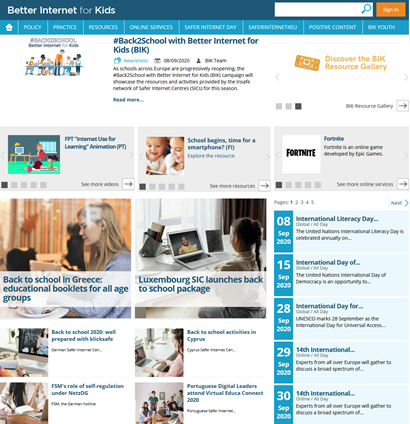
[Screenshot of the website dedicated to the work of European Safer Internet Centres. ]

